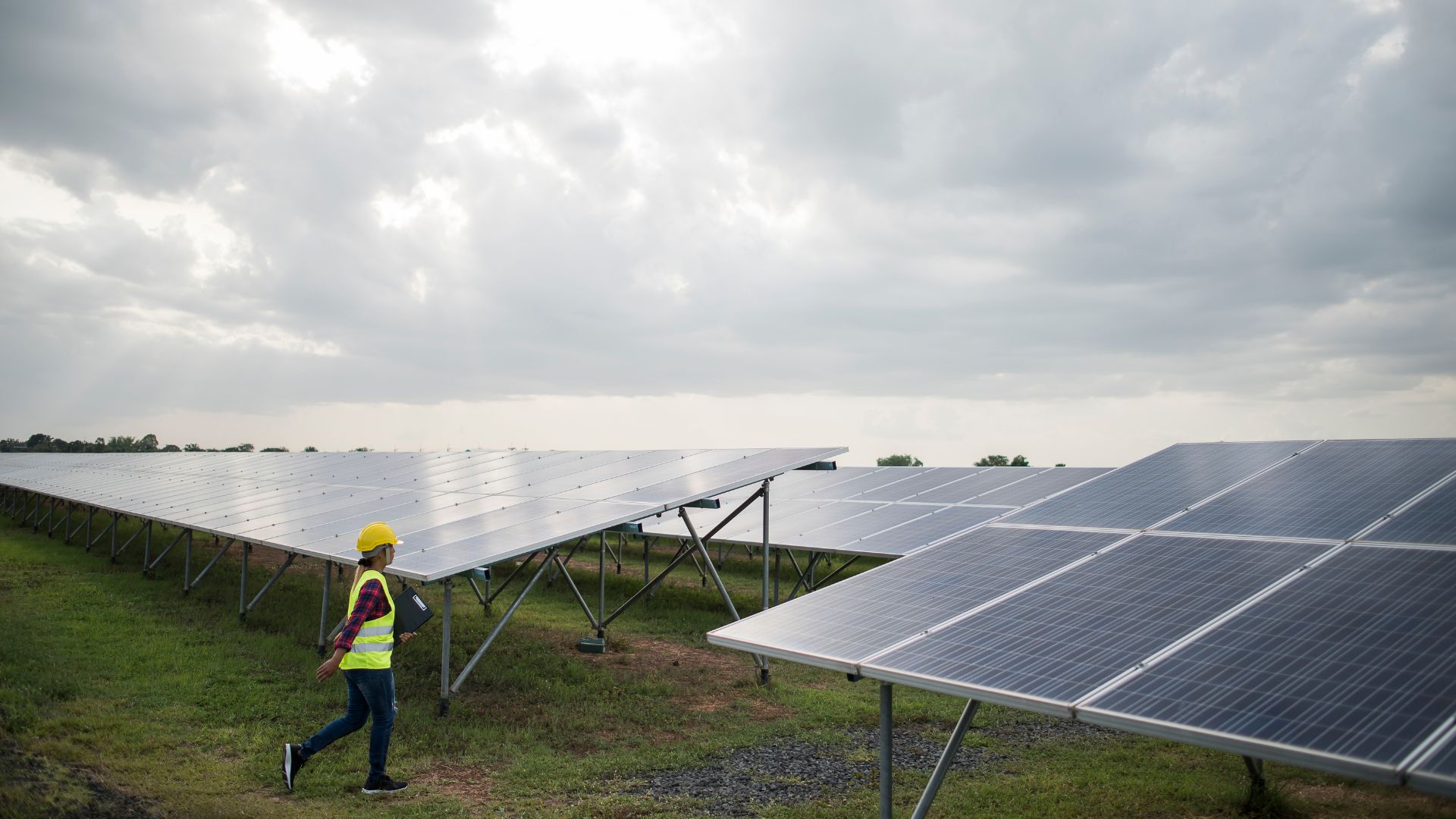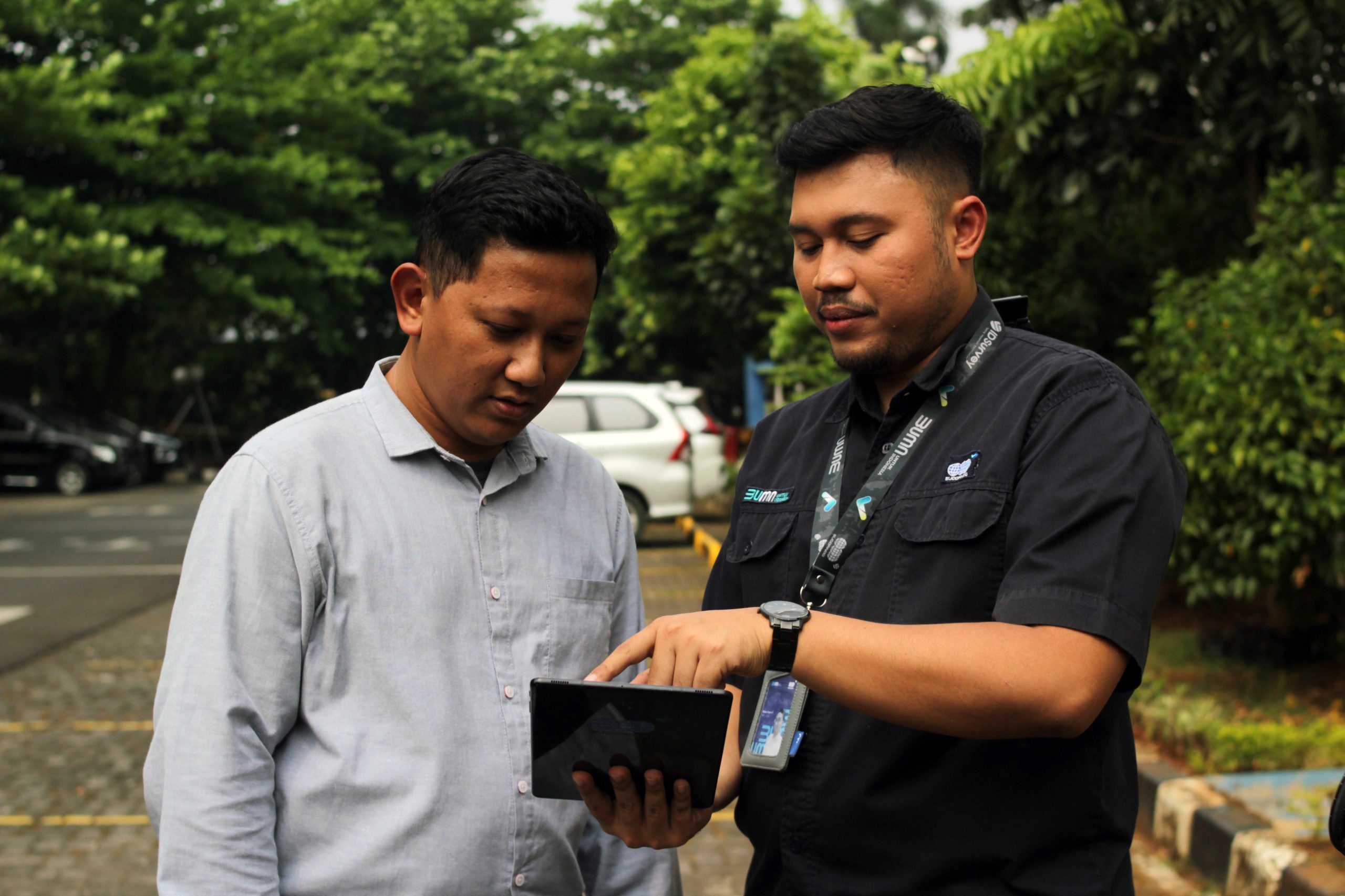What is Renewable Energy?
Renewable Energy (RE) refers to energy sources that come from nature and can be replenished continuously without significant replacement in the short term. RE is also known as green energy, involving the use of renewable natural resources such as sunlight, wind, biomass, and geothermal energy. Compared to conventional energy sources like fossil fuels, RE has lower environmental impacts as it produces little or no greenhouse gas emissions and other pollutants. RE has several other advantages, including:
- Sustainability: Renewable natural resources that can be continuously replenished make RE a sustainable long-term energy option.
- Environmentally Friendly: RE generates little or no greenhouse gas emissions or other pollutants, thus helping to reduce negative environmental impacts.
- Energy Diversification: Helps diversify a country’s energy portfolio, reducing dependence on limited and conventional energy resources.
- Job Creation: The renewable energy industry creates new jobs in production, installation, and maintenance.
Despite many benefits, challenges such as high initial costs, unpredictable electricity fluctuations (such as wind and solar energy), and necessary infrastructure for distribution still pose obstacles. However, with advancing technology and increased investment, RE continues to be a more sustainable solution to meet global energy needs.
Renewable Energy in Indonesia
Indonesia, with its abundant natural resources, has significant potential for developing renewable energy sources. In efforts to achieve RE targets and reduce dependence on fossil fuels, the role of the private sector is equally important to that of the government sector. Indonesia faces significant energy challenges alongside rapid economic growth and an increasing population. While focusing on sustainability, the Indonesian government has set ambitious targets to increase the contribution of RE to the national energy mix. In 2019, President Joko Widodo announced a target that 23% of the national energy needs must come from RE sources by 2025.
The Role of the Private Sector in Supporting and Investing in RE
- Financial Investment: The private sector plays a crucial role in supporting renewable energy projects through financial investment. By providing support and financial capital, private companies help accelerate project development and reduce the financial burden on the government.
- Technology Development: Through investment in research and development, the private sector drives technological innovation needed to improve efficiency and reduce operational costs of renewable energy use. Collaboration between private companies and research institutions paves the way for new and more advanced technologies.
- Project Management: Private companies bring project management expertise and operational experience that can enhance the efficiency of renewable energy project development and operations. This includes risk management, project scheduling, and regulatory compliance.
- Partnership with Government: Partnerships between the private sector and the government play a crucial role in shaping policies and regulations that support investment. Open dialogue between both parties helps create a conducive environment for the growth of the renewable energy sector.
- CSR and Sustainability: Many private companies engage in corporate social responsibility (CSR) and sustainability initiatives. They are involved in projects that support local communities and create positive impacts on the environment.
Impact on Sustainable Economic Growth
- Job Creation: Private sector investments in renewable energy projects create new job opportunities. From construction to operation and maintenance, these projects provide direct economic benefits to local communities.
- Infrastructure Development: Renewable energy projects require specific infrastructure, such as solar power plants, wind turbines, and geothermal energy installations. The development of this infrastructure contributes to economic growth through the construction sector and raw material suppliers.
- Economic Diversification: Investments in renewable energy projects help diversify Indonesia’s economy. Besides the oil and gas sector, the country can rely on renewable energy as a source of sustainable economic growth.
- Enhanced Global Competitiveness: The implementation of renewable energy enhances Indonesia’s economic competitiveness in the global market. Countries and companies that prioritize sustainability tend to be more valued in international trade.
- Reduction of Greenhouse Gas Emissions: By investing in RE, Indonesia can reduce greenhouse gas emissions and meet international commitments to climate change. This strengthens the country’s reputation as a global environmental leader.
- Regional Economic Stimulus: Renewable energy projects can catalyze economic growth in previously underdeveloped regions. This creates fair economic stimulation across regions.
Although the private sector contributes positively to the development of renewable energy, there are still several challenges that need to be addressed. Some of these include inconsistent policies, complex licensing processes, and fluctuations in global energy prices. Moving forward requires closer collaboration between the government, private sector, and civil society. Establishing clear and consistent policies, streamlining licensing processes, and increasing energy literacy among the public can unlock greater investment opportunities in RE.
The role of the private sector in supporting and investing in RE projects in Indonesia not only benefits economically but also has a positive impact on the environment and society. Strong collaboration between the government, private sector, and civil society is needed to achieve shared goals in developing RE as a pillar of sustainable economic growth in Indonesia.
For more information on consultancy services and the Construction Sector, you can read our article here. If you and your company need further information regarding our services, contact and consult with us here.








